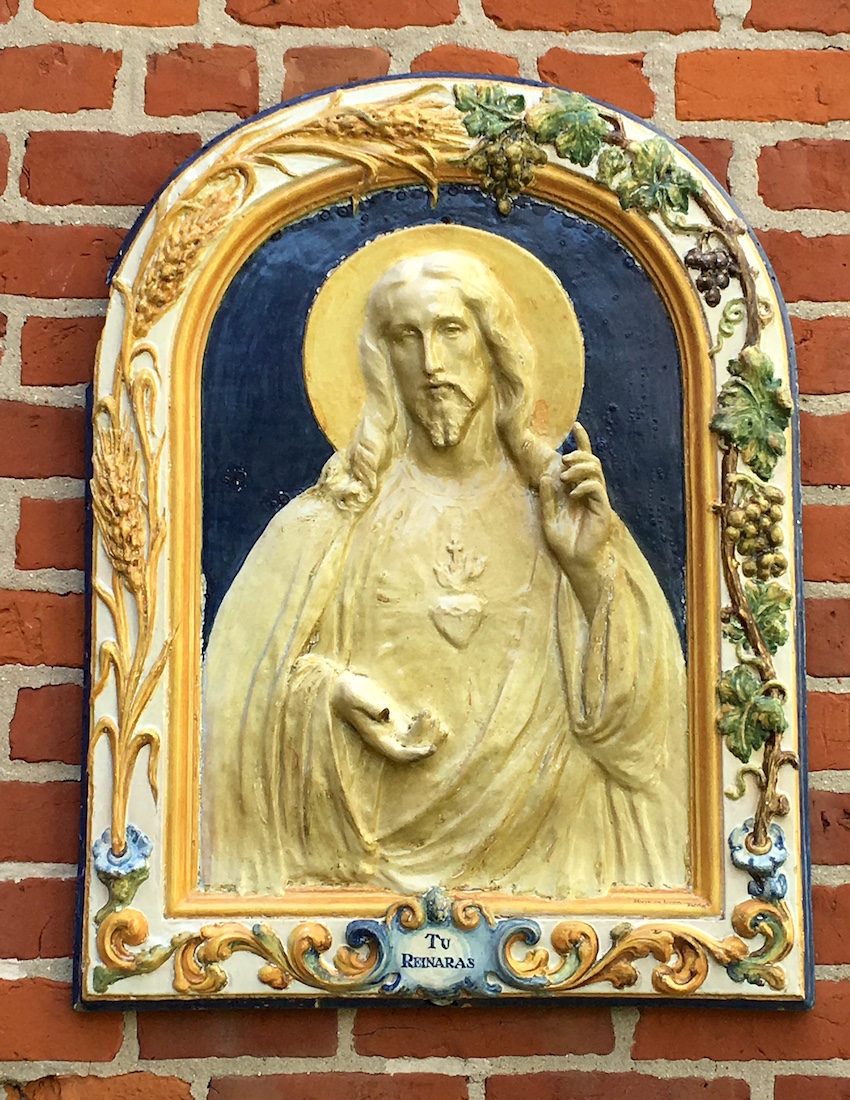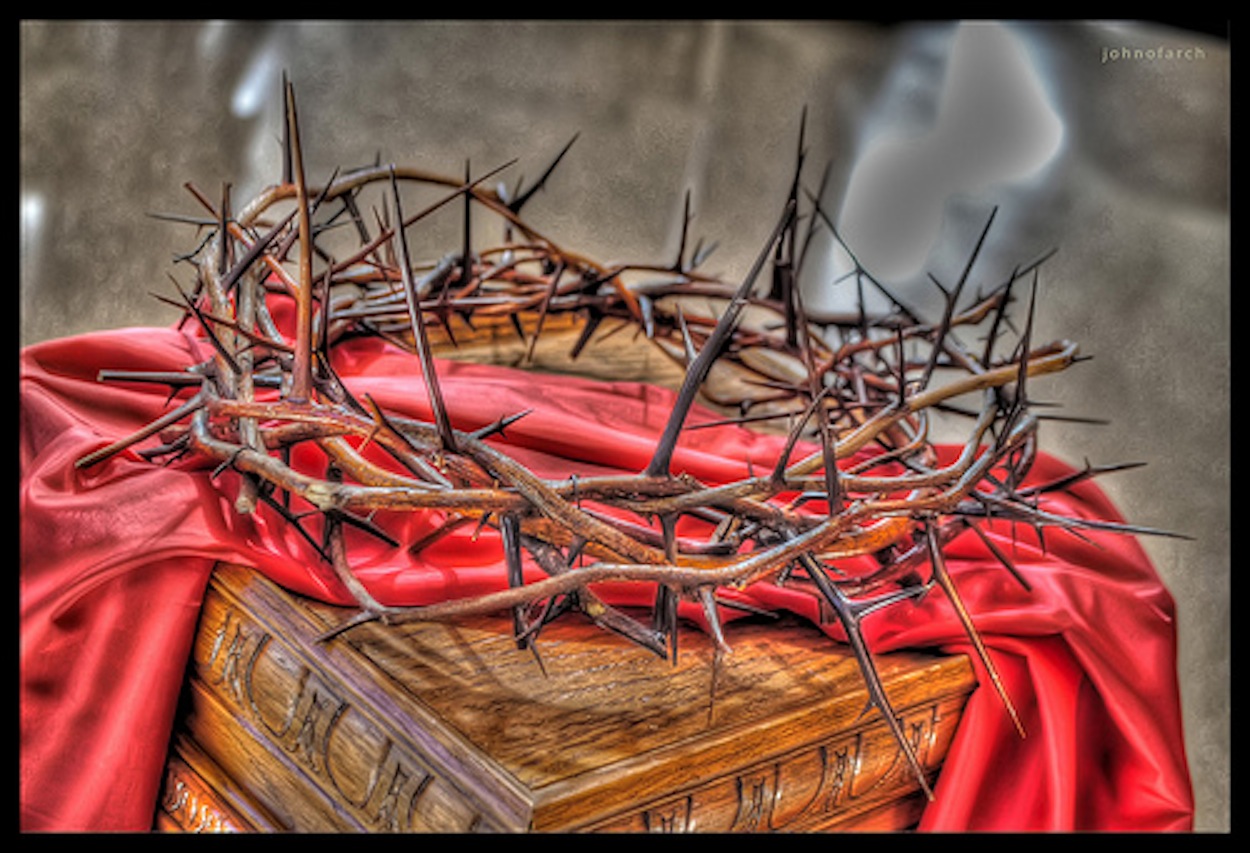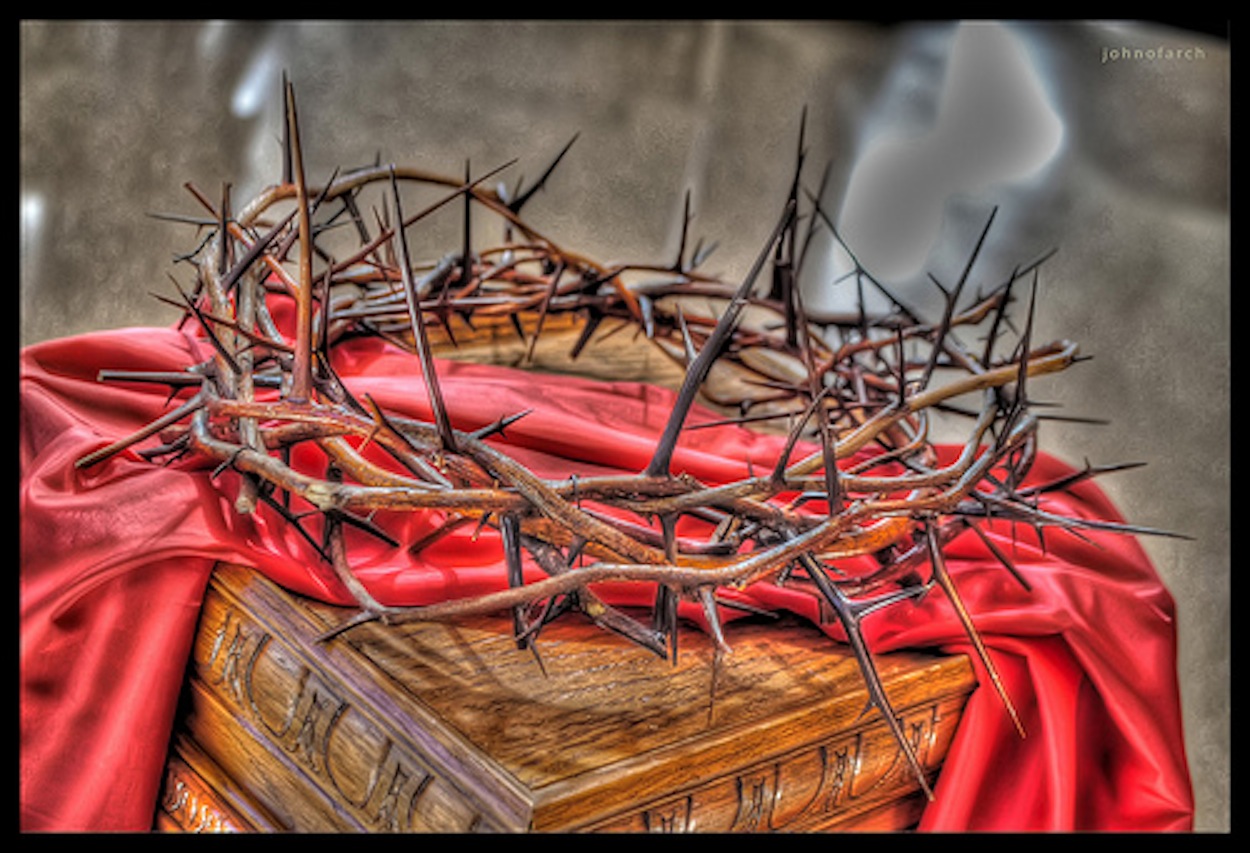 To peruse the comments in response last week's blog at Aleteia, The Elephant in the Communion Line, one might conclude that I eagerly observe those coming forward for Holy Communion and readily judge their worthiness or unworthiness to receive. Truth be told, I rarely notice who is receiving communion, as I am generally focused on Christ’s presence in the Eucharist before and after communion, often with my eyes closed. Furthermore, far be it from me to judge whether any soul is in a state of grace, for God alone is capable of such knowledge. But that is completely beside the point.
To peruse the comments in response last week's blog at Aleteia, The Elephant in the Communion Line, one might conclude that I eagerly observe those coming forward for Holy Communion and readily judge their worthiness or unworthiness to receive. Truth be told, I rarely notice who is receiving communion, as I am generally focused on Christ’s presence in the Eucharist before and after communion, often with my eyes closed. Furthermore, far be it from me to judge whether any soul is in a state of grace, for God alone is capable of such knowledge. But that is completely beside the point.
The point of my article was to pose a different question entirely, which I ask again here: What is at the root of the problem when, statistically, a majority of Catholics don’t practice the moral teachings of the Church or live in a way that demonstrates any appreciable difference than those in the surrounding secular culture? Moreover, why has so much focus been placed on divorce and remarriage instead of on the overarching problem of the spiritual and moral confusion that reigns in the Church?
I suggested that the crisis in the Church is due, in large part, to a system that often “sacramentalizes” Catholics without leading them to a life-changing encounter with Jesus Christ. The solution? Bold, clear evangelization that leads people to a personal relationship with Christ. Or as St. John Paul II put it:
It is necessary to awaken again in believers a full relationship with Christ. Only from a personal relationship with Jesus can an effective evangelization develop. Pope John Paul II, speech to bishops of Southern Germany, Dec. 4, 1992. L’Osservatore Romano (English ed.). Dec. 23/30, 1992, pp. 5-6.
The crux of the Christian faith is a living, personal relationship with the Triune God, fully revealed in and through the person of Christ. This is the fundamental truth of the Catholic faith, and it is a truth we must proclaim with heartfelt zeal if we are to see the realization of the new evangelization of the Church and the world for which St. John Paul II ardently and repeatedly asked.
Christian faith is not meant to simply give us something pleasant to do on Sundays. It is meant to radically change us and our lives—to turn us around from death to life, to reorient our souls to life-giving truth, to enable us to participate in God’s very own love life—equipping us to know God intimately, to love as he loves, and to live and act as his very own children. Faith in Christ is more than merely an intellectual assent to propositions or the practice of a set of rituals, however good and necessary those are in themselves. Faith is “first of all a personal adherence of man to God,” the act through which one “freely commits himself to God,” and the mystery through which we live out “a vital and personal relationship with the living and true God” (Catechism of the Catholic Church, par. 150, 1814, 2558).
In other words, faith is the total self surrender of the human person to the living God, whom we come to believe in, love and trust as Lord, Father, savior, bridegroom, healer, lover of our souls, fulfiller of the deepest longings of our hearts and so much more.
Faith, trust and love are synonymous words in Christianity, and they indicate familial intimacy and deep friendship with a God who “has a name and calls us by name…he is a Person, and he seeks the person, he has a face and he seeks our face. He has a heart and he seeks our heart” (Joseph Ratzinger, The God of Jesus Christ: Meditations on the Triune God, 24). This is the God of the Christian faith; this is the God to whom we must introduce others at a moment in history when vast numbers of people, including many baptized Catholics, have lost their way in an aimless search for meaning and satisfaction.
Finally, as Cardinal Joseph Ratzinger (Pope Emeritus Benedict XVI) so eloquently articulated in Introduction to Christianity:
Christian faith is more than the option in favour of a spiritual ground to the world; its central formula is not “I believe in something”, but “I believe in Thee”…Thus faith is the finding of a “You” that bears me up and amid all the unfulfilled—and in the last resort unfulfillable—hope of human encounters gives me the promise of an indestructible love which not only longs for eternity but guarantees it. Christian faith lives on the discovery that not only is there such a thing as objective meaning, but this meaning knows me and loves me, and I can entrust myself to it like the child that knows all its questions answered in the “You” of its mother. Thus in the last analysis believing, trusting and loving are one, and all the theses round which belief revolves are only concrete expressions of the all-embracing about-turn, of the assertion “I believe in You”—of the discovery of God in the countenance of the man Jesus of Nazareth.
Joseph Cardinal Ratzinger, Introduction to Christianity, 47, 48
Thus, the essence of the Christian faith is a personal relationship with God. May we individually and corporately discover anew the “all-embracing about-turn of the assertion I believe in You.”
This article originally appeared at Aleteia.



